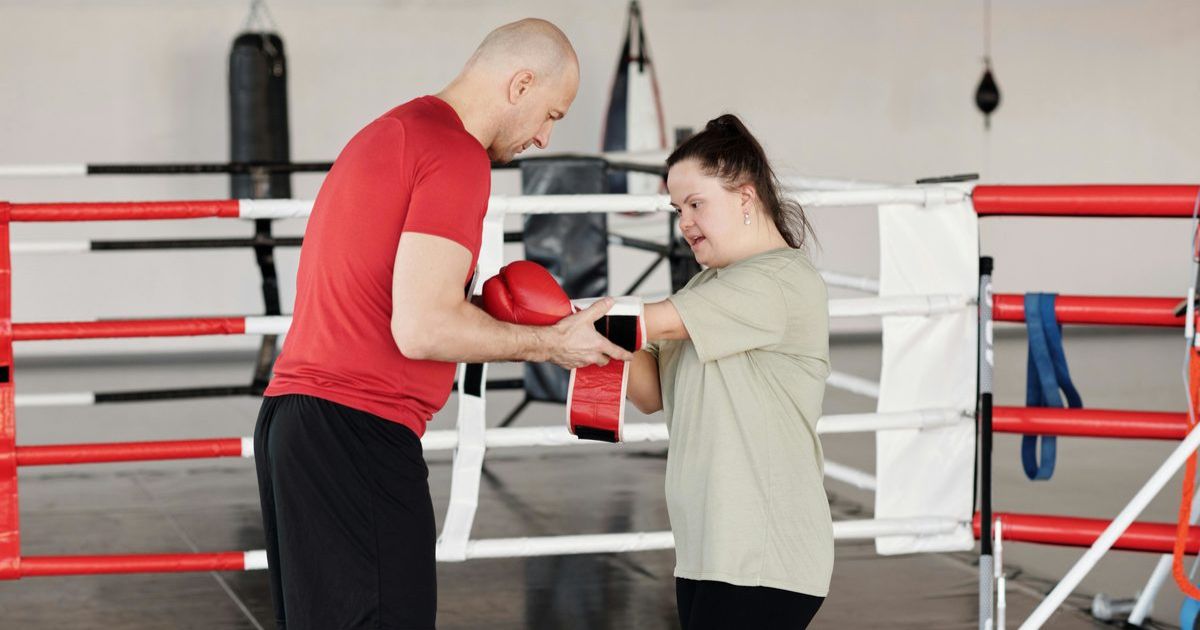Uni researching best ways to age

Ageing well: Federation University’s Professor Fadi Charchar, Professor Shane Thomas, Professor Colette Browning, and Professor Britt Klein at the launch of the Centre in Optimal Ageing. Photo: SUPPLIED
FEDERATION University educators and students are playing a role in a new industrial transformation training centre funded by the Australian Research Council.
FedUni and Monash University have partnered on a new Centre in Optimal Ageing, which is aiming to back research and training into ways the ageing population in regional and rural Australia can healthily grow older.
Professor Colette Browning from FedUni’s Health Innovation and Transformation Centre is one of the project’s chief investigators.
She said their focus is on supporting people to age well, to prevent or manage chronic illnesses, and have good quality of life, with the assistance of digital solutions.
“We’re looking at promoting independence and how we can enrich people’s environment with things like design in the home and in the community, environmental sensors, robotics, virtual reality, apps; things that can enrich people’s environments and assist people to age well,” Professor Browning said.
“We’ve also got a focus on sustaining connectedness, and how we support people to age well while they’re working.
“Things like improving digital literacy, giving them opportunities to mentor younger people, and to share their skills can help.
“We’re seeing how we can create meaningful social connections using digital media, because a lot of social media isn’t necessarily designed for older people.
“We also have a broad theme around health and wellbeing, using data and AI to predict health and behaviours, and designing interventions around that.”
Monash Uni is the lead organisation in the Centre in Optimal Ageing, with FedUni as a collaborator, and a dedicated space is set to be established at the Mount Helen Campus.
The research is being driven by PhD students and post-doctoral researchers in a co-design model with older people.
FedUni’s regional industry partners on the project are the City of Ballarat, software developer WellAware, Latrobe Health Assembly, and mental health service Flourish Australia.
“We know in rural and regional areas, we don’t necessarily have enough clinicians and aged care workers to actually work face-to-face,” Professor Browning said.
“We’re trying to look at ways to leverage the digital revolution to develop approaches that are going to help.”


















